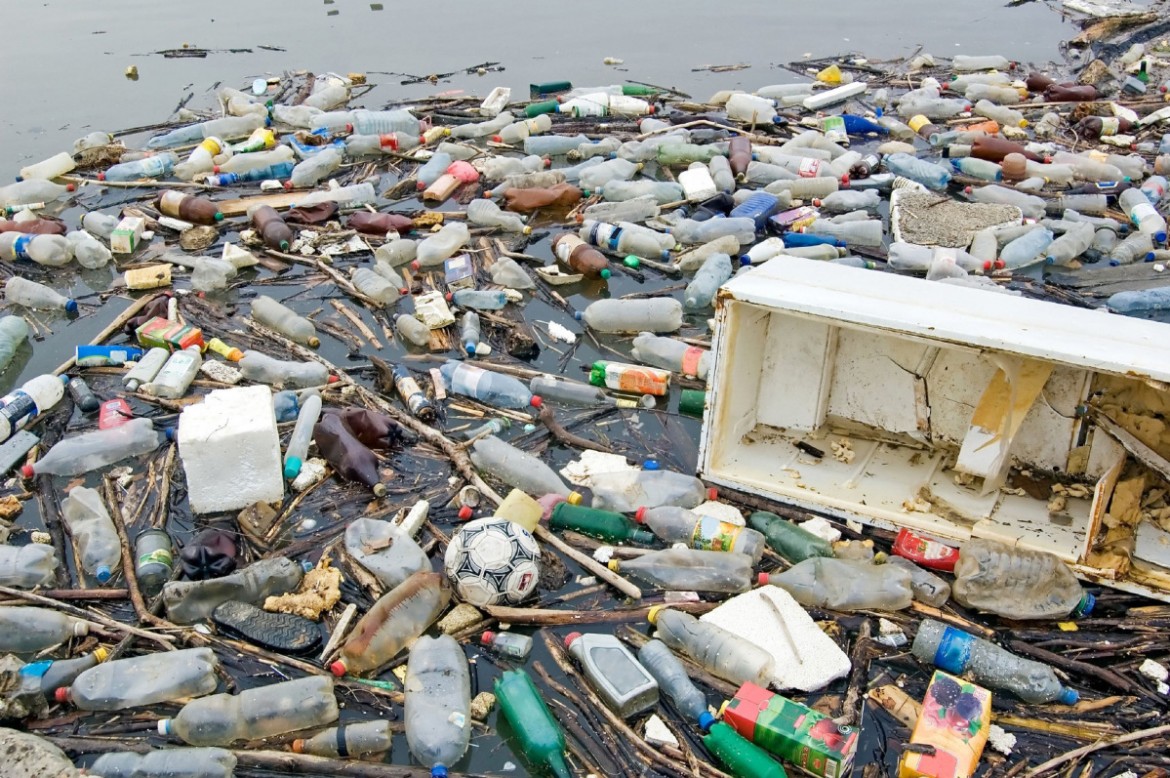Report
E.U. Commission wants 100% of plastic recycled by 2030
The plan would also ban microplastics and limit the production of non-recyclable plastic products. The effects of discarded plastic on human health is not fully understood.

The European Commission has launched an anti-plastics plan, and legislative proposals in this regard are expected to arrive in 2018. The long-awaited strategy was approved Tuesday by the College of Commissioners at their meeting in Strasbourg, France.
The plan requires the full recycling of all plastic packaging by 2030, the prohibition of microplastics in cosmetics and measures to reduce objects in plastic single-use items such as crockery. New rules are planned for clearer labeling in order to distinguish compostable and biodegradable polymers, for differentiated waste collection on ships and for the treatment of waste in ports. Measures for reducing the impact of plastic water bottles will be published by the end of the month.
According to the new plan, all the plastic packaging on the European market should be recyclable by 2030, and the use of disposable plastic bags will be curtailed.
According to the calculations published by Brussels, Europeans produce 25 million tons of plastic waste every year, but less than 30 percent is collected for recycling. Plastics account for 85 percent of the waste found on beaches worldwide. They also end up in the lungs of European citizens, and on their dinner table, with the presence of microplastics in the air, water and food, whose effects on human health are still unknown. The ambition of the E.U. executive is to change the design, construction, use and recycling of these products.
With the projected increase in the collection of plastics, it will be necessary to construct more advanced recycling plants, with a greater capacity, as well as to set up an improved, standardized system for the differentiated collection and sorting of waste throughout the E.U. This will make it possible to save around €100 per ton of collected waste, and it will create added value.
Ten key indicators will be introduced, covering all the stages of a circular economy, which will measure progress in the transition towards a circular economy at the national and the E.U. level.
However, the E.U. Commission believes that it is not yet time for deciding on a tax to discourage the use of plastics in Europe. Vice President Jyrki Katainen said that, while some states use tax measures to reduce the individual use of plastic bags at the national level, and the Commission is ”ready to explore fiscal measures to improve recycling and prevent plastic waste,” he has “doubts about whether we can find an E.U.-wide measure.”
According to Ermete Realacci, the chairman of the Commission for the Environment, the Territory and Public Works of the Italian House of Deputies, Italy is “ahead” in combating the use of plastics, because “it has already banned, with my amendment to the Budget Law, non-biodegradable cotton buds starting from 2019 and microplastics in cosmetics from 2020.”
Chiara Braga, president of the bicameral Commission of Inquiry on the waste cycle, also shares the opinion that “Italy is ahead in many aspects, from the use of biodegradable and compostable plastic bags to the prohibition of microplastics in cosmetics.
Originally published at https://ilmanifesto.it/commissione-ue-stop-alla-plastica-100-imballaggi-riciclabili-entro-il-2030/ on 2018-01-17
